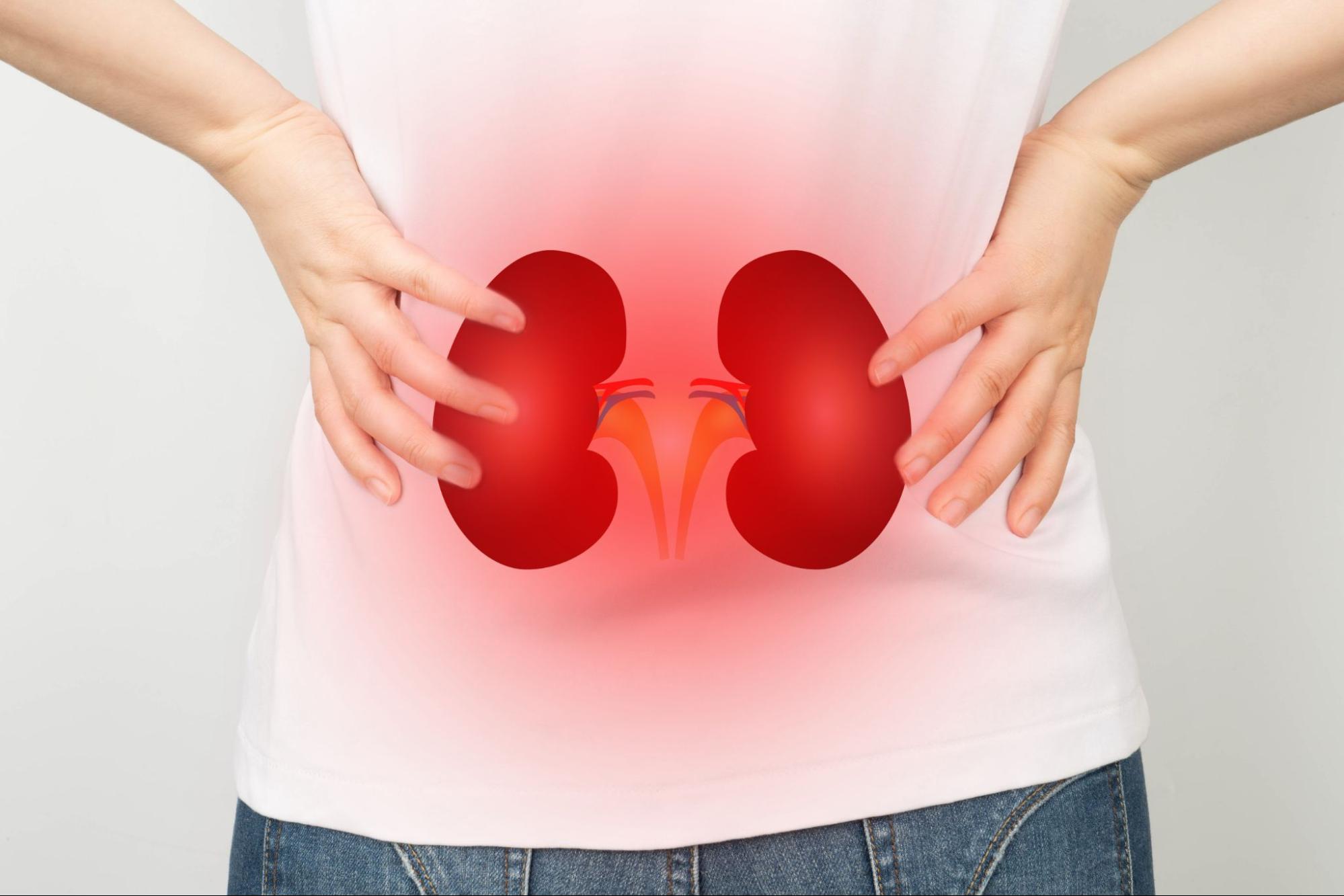Kidney Stones / Urology
Preventive Measures Against Kidney Disorders: Promoting Healthy Kidneys

by admin
22nd August 2023
4 minutes read
Kidney disorders can affect anyone at any age and, if left untreated, can lead to severe complications including kidney disease. Recognizing the symptoms of kidney disease and taking preventive measures are crucial in maintaining a healthy kidney and overall well-being. This article explores the causes, symptoms, and treatments of kidney disease, and how you can work towards prevention.
What is Kidney Disease?
Kidney disease, also known as renal disease, refers to any condition that impairs the functioning of the kidneys. The kidneys are vital organs responsible for several critical functions in the body, including filtering waste products, excess water, and other impurities from the blood. These waste products are then stored in the bladder and later removed during urination.
Kidney disease can occur as a result of various conditions such as diabetes, high blood pressure, or other disorders. If kidney disease progresses, it can lead to chronic kidney disease (CKD), where the kidneys’ function diminishes over time, often leading to kidney failure in the most severe cases. In the late stages of CKD, known as end-stage renal disease (ESRD), the kidneys are no longer able to function adequately to meet the body’s needs, requiring dialysis or a kidney transplant.
Symptoms of Kidney Disease
Some of the common symptoms of kidney disease include:
- Fatigue and weakness
- Changes in urine output
- Swelling of feet and ankles
- Persistent itching
- Shortness of breath
- High blood pressure
It’s important to remember that these symptoms can be caused by conditions other than kidney disease. However, if you are experiencing these symptoms, particularly if they persist or worsen over time, it’s essential to consult a doctor for kidney disease.
Diagnosis of Kidney Disease
Diagnosing kidney disease usually involves a series of tests. A blood test for kidney disease can measure your glomerular filtration rate (GFR), indicating how well your kidneys are filtering waste from your blood. Other tests may include urine tests and imaging tests, such as ultrasounds or CT scans. Early detection can make a significant difference in managing this disease effectively.
Prevention of Kidney Disease
Here are some preventive measures you can take to maintain healthy kidneys:
1. Maintain a Healthy Lifestyle
Eating a balanced diet, exercising regularly, and avoiding tobacco and alcohol can reduce your risk of developing kidney disease. If you have diabetes or high blood pressure, managing these conditions is crucial as they can lead to kidney disease if left untreated.
2. Regular Screening
If you have risk factors for kidney disease, such as diabetes, high blood pressure, or a family history of kidney disease, regular screening can help detect any abnormalities early.
3. Stay Hydrated
Drinking plenty of water can help your kidneys clear sodium, urea, and toxins from your body, reducing your risk of developing kidney disease.
4. Limit the Use of Over-the-Counter Medicines
Certain over-the-counter medications, such as nonsteroidal anti-inflammatory drugs (NSAIDs), can harm your kidneys if taken regularly over a long period.
5. Regular Check-ups
Regular check-ups allow your healthcare provider to monitor your overall health and identify any potential issues early.
Related Information: Kidney Stone Treatments
Treatment of Kidney Disease
Kidney disease treatment focuses on slowing the progression of the disease and managing the symptoms. Depending on the stage and cause of your kidney disease, your doctor may prescribe medicines for kidney disease or a specific diet to help your kidneys function more effectively.
In some cases, kidney disease can progress to kidney failure, requiring dialysis or a kidney transplant. However, with early detection and the right treatment plan, kidney disease can be managed effectively, and in some cases, kidney disease can be cured.
Also Read: Types of hernia
Conclusion
Maintaining healthy kidneys is vital to your overall health and well-being. While kidney disease can be a challenging condition to manage, with early detection, appropriate treatment, and a healthy lifestyle, it can be effectively controlled. Remember, prevention is better than cure for kidney disease. By adopting preventive measures and seeking regular medical advice, you can significantly reduce your risk of developing this condition.
CATEGORIES
- ACL Reconstruction
- Anal Fissures
- Anal Fistula
- Appendicitis
- ASK A DOCTOR
- Benign Prostatic Hyperplasia
- Breast Lump Excision
- Cataract
- Circumcision
- Conditions & Diseases
- Cosmetology
- Covid-19
- Cure
- Endocrinology
- ENGLISH VIDEOS
- Eye Care
- Gallstones
- General Surgeries
- Government Schemes
- Gynaecology
- Gynecomastia
- Gynecomastia
- Health
- Health Insurance
- Hernia
- hindi
- Hip Arthoscopy
- Hip Replacement
- Hip Replacement Surgery
- Hydrocele
- Kannada
- Kidney Stones
- Knee Arthroscopic
- Laparoscopic
- LASER
- Latest Treatments
- Lifestyle
- Liposuction
- Medfin Stories
- Medicine
- Nephrology
- Ophthalmology
- Orthopaedic
- Paraphimosis
- Patient Testimonials
- PCL Reconstruction
- Phimosis
- Piles (Hemorrhoids)
- Pilonidal Sinus
- Proctology
- Prostate Artery Embolization
- Rhinoplasty
- Second Opinion
- Total Knee Replacement
- Uncategorised
- Urology
- uterine artery embolization
- Uterine Fibroids
- Varicocele
- Varicose Veins
- Vascular
- VIDEOS






